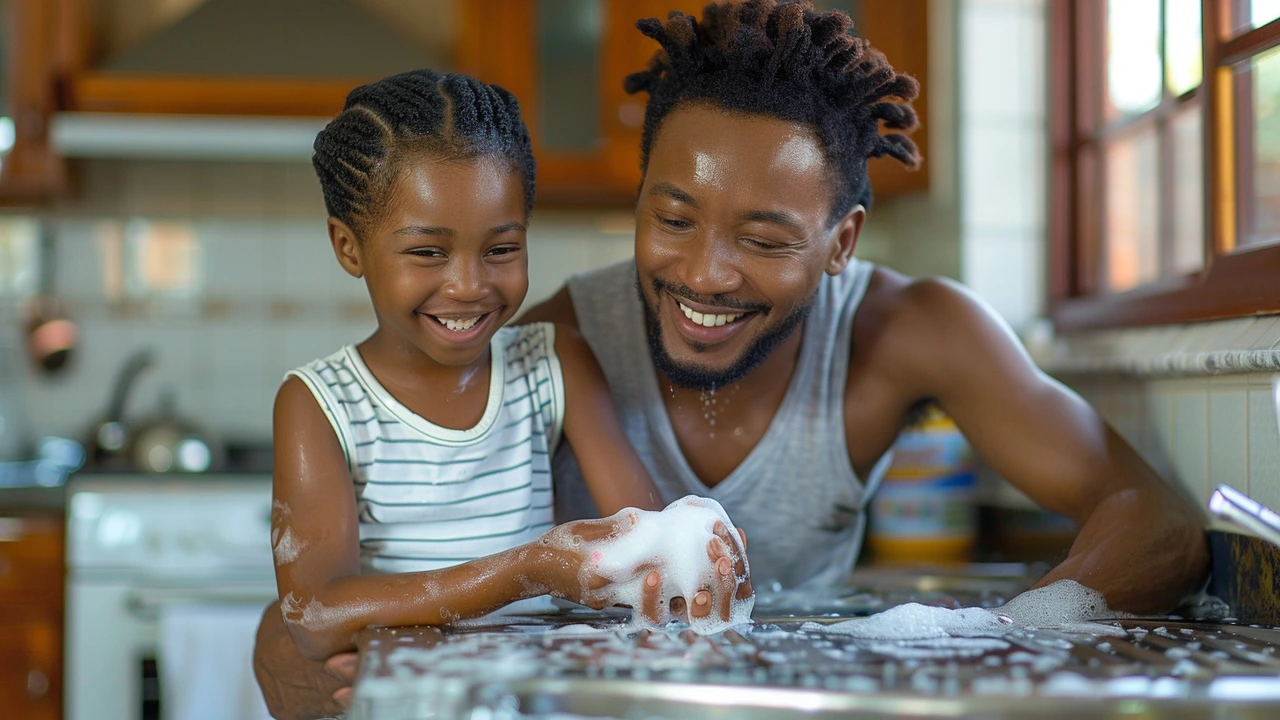Sanitation: Simple Hygiene Tips to Protect You and Your Meds
Good sanitation is the fastest way to cut infections and keep medicines safe. You don’t need special gear — just a few smart habits that fit into daily life. Below are clear, practical steps you can use at home, when handling pharmacy packages, and while taking or storing medications.
Everyday sanitation you can do now
Wash your hands often. Use soap and water and scrub for at least 20 seconds—sing the “Happy Birthday” twice or count to 20. If soap isn’t available, use a hand sanitizer with at least 60% ethanol or 70% isopropyl alcohol. Carry a small bottle when you leave the house.
Clean high-touch surfaces daily: door handles, light switches, phone screens, countertops. For small spots, alcohol wipes (around 70% isopropyl) work well. For larger areas, pick an EPA-registered disinfectant and follow the label directions for contact time so germs actually die.
Keep kitchen and bathroom surfaces dry. Moist, warm places let bacteria and molds grow fast. Wipe spills right away and let things air-dry when you can.
Avoid touching your face with unwashed hands. That’s a quick path for germs into eyes, nose, or mouth.
Sanitation when handling medications and packages
When your meds arrive by mail, you don’t need to panic. Wipe the outside of the package if it helps you feel safer and wash your hands after opening. Don’t disinfect the medicine itself—clean only the outer packaging and any hard cases.
Store pills in their original containers. Keep them in a cool, dry place away from direct sunlight and humidity (avoid bathrooms). Temperature and moisture can degrade medication faster than you think.
For injectables, eye drops, or anything that needs sterility: always use a new, sterile syringe or applicator. Clean the injection site with an alcohol swab (70% isopropyl) and follow your healthcare provider’s instructions. Never reuse single-use needles or applicators.
Dispose of unused or expired meds safely. Use local drug take-back programs or follow pharmacy guidance. Do not flush medicines down the toilet unless the label or local instructions say it’s okay.
Common mistakes people make: skipping handwashing before touching medicines, storing meds in steamy bathrooms, and assuming sunlight won’t affect pills. Small changes—like moving your meds to a bedroom drawer—are simple and effective.
If you want tips tailored to a specific drug or situation, check the medication guides on DoctorAlexa Pharmaceuticals or ask your pharmacist. Sanitation isn’t complicated. A few steady habits protect you, your family, and the medicines you rely on.

Preventing Reemerging Influenza: The Crucial Role of Hygiene and Sanitation
Preventing the spread of reemerging influenza requires attention to hygiene and sanitation. Simple practices such as hand washing and proper waste disposal can play a significant role. This article explores practical steps, historical contexts, and modern solutions to stop the spread of influenza.
More Detail